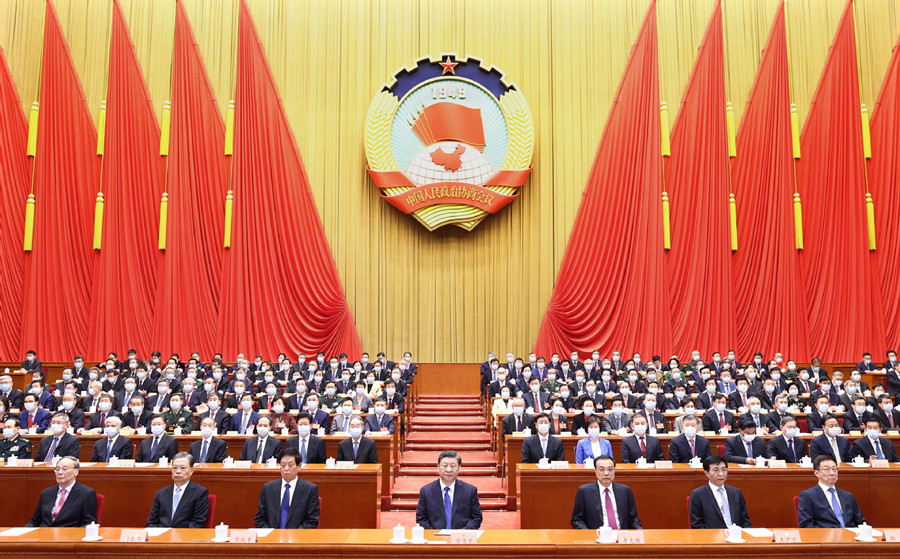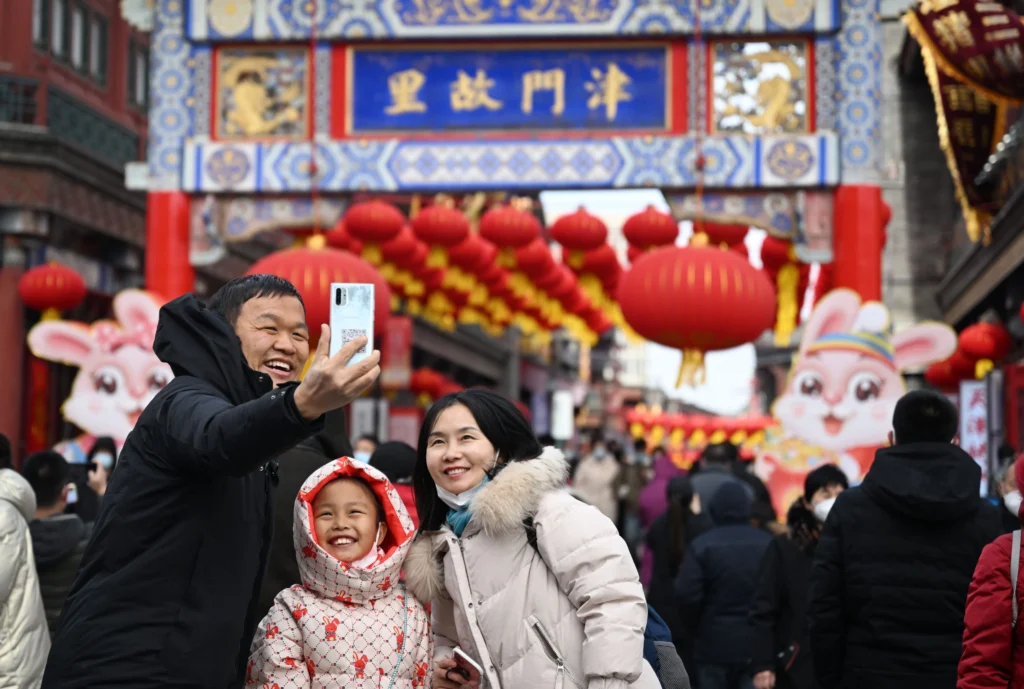As the curtain fell on China’s yearly parliamentary session following a bustling week of gatherings, a conspicuous absence marked the final agenda on Monday.

Table of Contents
National People’s Congress, Twin Sessions: China Declares Its Doors Are Open For Business – Should We Trust The Invitation?
The customary conclusion of the National People’s Congress involves the premier’s press conference, a tradition abruptly omitted this year and set to continue for the remainder of the term. Officials justified the cancellation, citing alternative opportunities for journalists to pose questions. However, many observers perceive it as another manifestation of consolidation and control, contradicting the professed theme of openness during the congress.
The unprecedented cancellation of the press conference, a staple for the past 30 years, diminishes Premier Li Qiang’s prominence. Although a scripted event, it provided foreign journalists with a rare chance to engage and allowed the second-in-command to showcase his capabilities. Past conferences even yielded unexpected moments, such as Premier Li Keqiang disclosing figures in 2020 that fueled debates over the government’s claim of eradicating poverty.
Chinese Communist Party (CCP)
The diminishing spotlight on the premier, coupled with a shorter congress this year, signifies ongoing structural changes within the Chinese Communist Party (CCP). President Xi Jinping’s increasing accumulation of power at the expense of others and institutions is evident, according to Alfred Wu, an associate professor at the National University of Singapore specializing in Chinese governance.
During the congress, delegates passed a law enhancing the party’s control over the State Council, China’s cabinet led by Premier Li. Despite these internal power shifts, the CCP seeks to project a different image internationally amid declining foreign investor confidence and economic challenges.
Foreign Minister Wang Yi, addressing international journalists, asserted that China remains an attractive place for investment and business, emphasizing the country’s strength as a growth engine. Premier Li’s economic blueprint for the year outlined plans to open more sectors to foreign investment and reduce market access restrictions, aiming to counteract recent declines in foreign direct investment.
High-Quality Development
Concerns raised by recent anti-espionage and data protection laws, coupled with high-profile detentions, have spooked foreign investors, resulting in a 30-year low in foreign direct investment in China. Wang dismissed these concerns, urging against spreading pessimism about China. The emphasis on “high-quality development” and “new productive forces” reflects a shift in China’s focus toward attracting high-end foreign technology and advanced manufacturing operations.
While stability remains a top priority for the Chinese government, questions arise about its ability to maintain an open economy while increasing control. Beijing appears to reconcile these seemingly contradictory goals by emphasizing national security and asserting control over critical technologies. The government also signals continued efforts to address economic challenges, including the real estate sector and local government debts, with Premier Li promising measures to defuse financial risks.
Despite the economic downturn, China aims for approximately 5% GDP growth this year. The government’s dual focus on economic development and security needs underscores its evolving approach to engaging with the world and addressing internal challenges.


